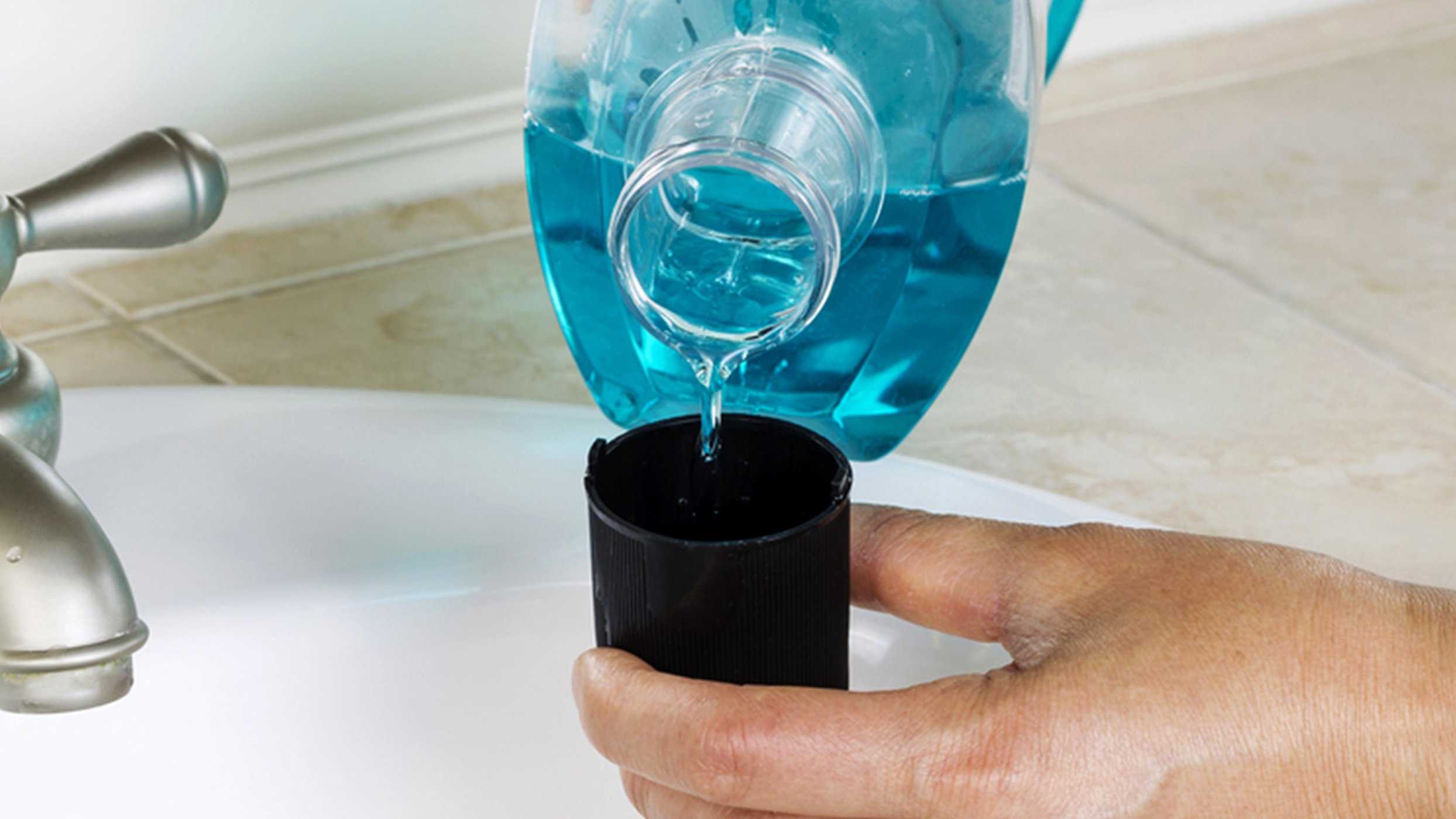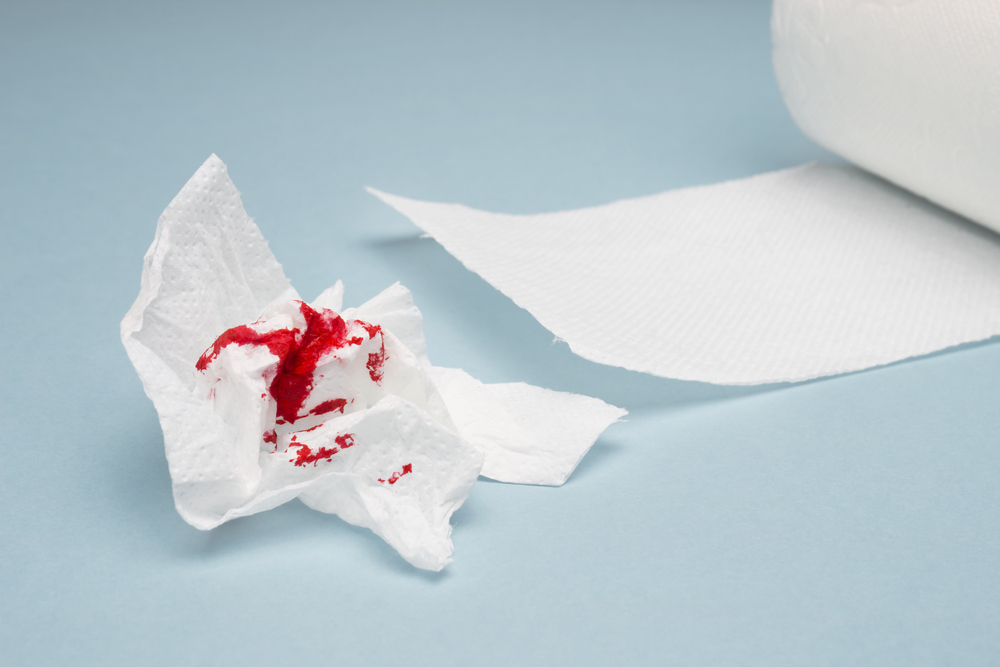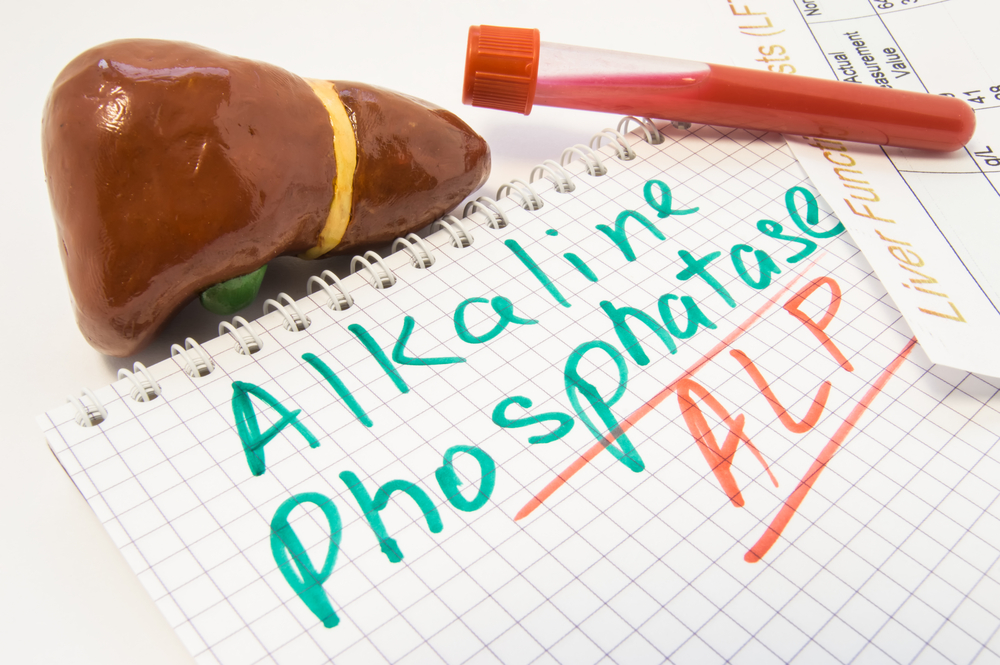Contents:
- Medical Video: 10 Surprising Uses For Hydrogen Peroxide YOU NEED TO KNOW
- Chlorhexidine gluconate
- Methyl salicylate
- Ethanol or alcohol
- Hydrogen peroxide
- What you need to know before using mouthwash
Medical Video: 10 Surprising Uses For Hydrogen Peroxide YOU NEED TO KNOW
Mouthwash is often used to clean the oral cavity and teeth more cleanly than an ordinary toothbrush. Various studies have shown that brushing can only remove plaque by as much as 50%, therefore it is recommended to use an anti-bacterial mouthwash to help clean the oral cavity. However, mouthwash actually consists of sharing chemicals that cannot be swallowed and have a negative impact if they enter the body. What are the ingredients that are often found in mouthwash and what are the effects if ingested?
Chlorhexidine gluconate
This substance is a substance that is useful as an antiseptic. Like other antiseptics, this substance serves to remove bacteria and germs that are in the mouth. When you rinse with mouthwash, this substance will leave a discomfort in the mouth. If you are allergic to chlorhexidine gluconate, then various symptoms will appear such as irritation in the mouth, dry mouth, and decreased sensory taste. Whereas if it is accidentally ingested, the side effects caused are nausea, vomiting, and irritation of the stomach.
Methyl salicylate
Methyl salicylate is a menthol substance that gives a cold sensation when used. Usually, this substance is used in the content of various drugs for pain relief. Methyl salicylate can cause poisoning if ingested in large quantities. The initial symptoms are caused if poisoning is felt in the esophagus, nausea, diarrhea, vomiting, abdominal pain, sweating, fever, and hearing loss. While the long-term effects if ingested by methyl salicylate are difficulty breathing, vomiting, can be accompanied by blood, hearing loss, hallucinations, headaches, and seizures.
Ethanol or alcohol
In general, the content of alcohol or ethanol in mouthwash is 5 to 25%, depending on the brand of each mouthwash. The use of mouthwash containing high ethanol can cause the risk of oral cancer. Research conducted in America in people who often use high alcohol mouthwash, showed that the use of mouthwash in the group increased the risk of oral cancer by three times.
In addition, according to one pharmacist from California, the alcohol component contained in the mouthwash is higher than the alcohol contained in wine or other liquor. So if the mouthwash is swallowed and poisoned, then the effects that appear will be the same as the symptoms if you consume alcohol, such as hallucinations, heat in the throat, and bad taste in the stomach for short-term effects. While the effects of long-term effects that can be caused are various damage to body organs, such as kidney damage, liver, and the risk of heart disease.
Hydrogen peroxide
Hydrogen peroxide is an antiseptic that is often used as a mouthwash, because it functions to reduce irritation in the mouth, reduce dental caries, and remove plaque on the teeth. Although hydrogen peroxide in mouthwashes is safe to use if in small amounts, this substance can cause poisoning if ingested in large quantities. The symptoms that appear after ingesting hydrogen peroxide are irritation of the stomach, the skin becomes reddish, nauseous and vomiting.
What you need to know before using mouthwash
The use of real mouthwash must be accompanied by brushing your teeth clean, because mouthwash cannot replace the toothbrush function. A professor of dental and oral health from Boston University School of Dental Medicine, said that mouthwash can work effectively to help remove plaque and refresh breathing, if you have previously brushed your teeth cleanly. Mouthwash only helps reduce bacteria and germs, can not clean the oral cavity as a whole.
The effect of swallowing mouthwash varies greatly, depending on the amount of mouthwash that is swallowed, if swallowed in small amounts the symptoms may be caused only by abdominal pain or nausea. However, if ingested in sufficient quantities, it can cause a bad effect on the body. In addition, symptoms of poisoning that are due to ingestion of mouthwash also depend on various factors such as age, weight, and brand of mouthwash that is ingested. Mouthwash containing higher toxic ingredients, such as alcohol and methyl salicylate, will have a more serious effect, as do younger ages and lighter weight.
READ ALSO
- Brushing your tongue is as important as brushing your teeth
- 6 Natural Ways to Overcome Toothache at Home
- Tips to Prevent Bad Breath When Fasting












